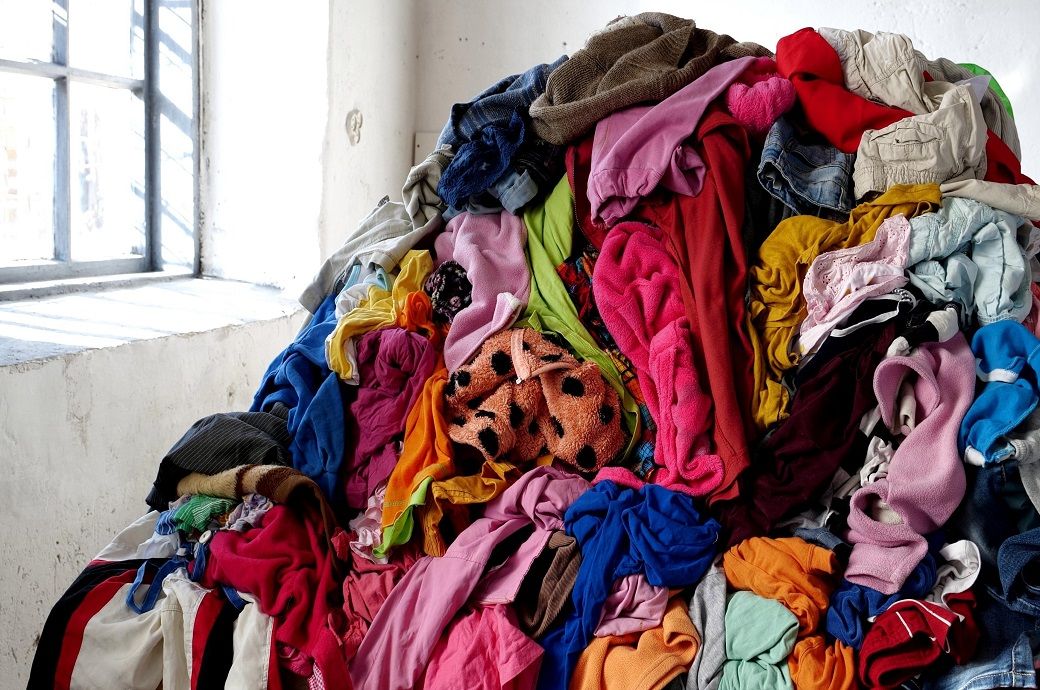
Their concerns include data integrity, insufficient stakeholder inclusion, lack of methodological transparency and risk of conflict of interest.
The signatories expressed their serious concerns about the project due to its significant global implications as they do not believe the process has been conducted with full rigour and impartiality, leading to the possible proposal of unworkable global guidelines that risk seriously affecting the livelihoods of millions involved in the collection, sorting, import-export and sale of second-hand clothing, while also undermining genuine circularity and access to affordable clothing.
They called on the UNEP to ensure full transparency by publishing the research methodologies, data sources and definitions used in all four countries, enabling independent scrutiny and peer review.
They also demanded engaging independent, regionally-grounded experts and practitioners to support the development of genuinely inclusive, evidence-based global guidelines that reflect the complex realities of the second-hand textiles trade
Textile waste figures cited in the project are inconsistent with previous studies and established industry observations. Key data has been presented without disclosure of collection methods, analytical processes, or validation, limiting stakeholders’ ability to engage meaningfully.
Although stakeholders have been consulted through workshops and a survey, actors report not being included in meaningful participation. While global dialogues are complex, consultations have been marked by rushed timelines, limited access to draft materials and the dominance of certain voices, thereby hindering the collection of comprehensive, impartial input, the letter noted.
Foundational definitions of ‘waste’ appear to have been applied without disclosure or review, even as global criteria are being proposed, it said.
In Ghana, research and stakeholder dialogues were led by a non-governmental organisation with a pre-existing waste advocacy campaign and financially supported by the ultra-fast fashion industry.
Signatories include the Ghana Used Clothing Dealers Association, the Mitumba Consortium Association of Kenya, the Togo Used Clothing Dealers Association, Landfills2Landmarks, Secondary Materials and Recycled Textiles (SMART-USA), the Bureau of International Recycling, Recycling Europe (formerly EuRIC) and the Nordic Textile Network.
ALCHEMPro News Desk (DS)
Receive daily prices and market insights straight to your inbox. Subscribe to AlchemPro Weekly!